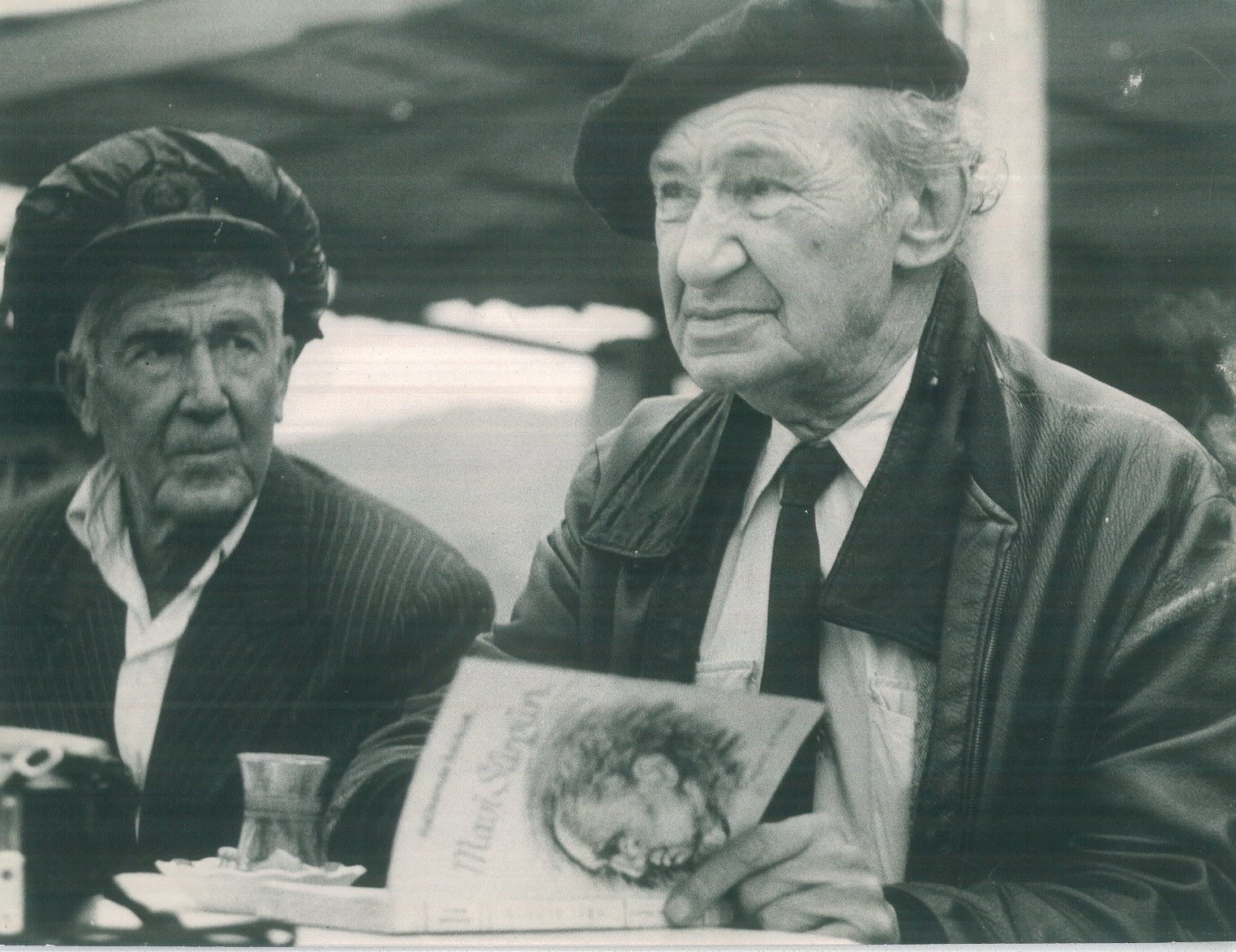Author of the sea and sailors: Who is the Fisherman of Halicarnassus?
He brought unprecedented innovations to Turkish literature with his endless love for people working at sea.

1886-1973 This novel and story writer, whose real name is Cevat Şakir Kabaağaçlı, later adopted the name Halikarnas Balıkçısı, the old name of this place, due to his passion for the sea and Bodrum, where he lived in exile. As the son of the wealthy and influential Şakir Pasha, his early childhood years were spent in Athens, he received his secondary education at Istanbul Robert College, and then he graduated from Oxford University, modern history department in England (1908).
Cevat Şakir Kabaağaçlı (17 April 1890 – 13 October 1973; born Musa Cevat Şakir; pen-name "The Fisherman of Halicarnassus", Turkish: Halikarnas Balıkçısı) was a Cretan Turkish writer of novels, short stories, and essays, as well as a keen ethnographer and travel writer.
In 1910, when he returned to Istanbul, he switched to journalism in order to earn his living with the sweat of his brow. On the other hand, he drew pictures, cartoons and made decorations.
In 1925, he was given to the Istiklal Court for writing an article condemning the execution of deserters without trial. Cevat Şakir, who survived the execution with difficulty, was exiled to Bodrum, "the city of Herodotus". Here his old passion for the sea increased. So much so that even though his exile was over, he could not leave this fertile and very charming sea town. He took the subject of many of his stories from there. He had hundreds of thousands of fruit trees planted in the city, intertwined with the people, and engaged in sponge fishing, fishing, and agriculture. He learned their modern techniques from English books, spread them to the public, and introduced them. He was a very useful intellectual for the town.
Then he moved to Izmir to educate his children. He worked as a municipal gardener for a while and lived off his writings. Knowing several languages, Balıkçı spent his last years as a tourist guide, introducing to foreigners the "dead cities and the fairytale and mythical shores" of the Aegean region of Turkey, which he loved and knew the Ionian, Roman, and Turkish-Islamic periods very well.
Novels: Aganta Burina Burinata! (1946), Child of the Beyond (1956), Uluç Ali Reis (1962), Turgut Reis (1966). Mavi Exile (1961), on the other hand, is an autobiographical novel about the adventurous life of the author. In addition, he has two important works, named Anatolian Legends (1954) and Anatolian Gods (1955), which collect myths and legends of Anatolia from the period before the Turks.
The Fisherman of Halicarnassus, who became famous for his passion for the sea, trees, myths, and history, as well as the diversity, disorganization, and breadth of culture in his life, has extensively incorporated these features into his works.
He described the dreams of water and coastal men not as an observer, but by living them exactly like them. He reflected the fear and admiration of the heroes of novels and stories, their helplessness in the face of fate, by hearing the harsh and docile nature of the sea within himself and by collecting them in the mirror of his heart.
Fisherman of Halicarnassus has heroes like the sea wind blowing on his head. In his novels and stories, maverick sailors and seamen live, most of whom have materialistic tendencies and some who oppose religious beliefs and feelings. The common feature of the main people is that they are passionate about the sea. They see that their closest ones are "taking a hit" and get lost in the sea, but they can't help themselves from opening up to the vastness. Some very young, very old, or crippled heroes stand on the shores and imagine their adventures and struggles at sea.
Fisherman of Halicarnassus also expressed passions similar to writers who describe only the sea, such as Jack London and Joseph Conrad.
The fact that he spent most of his life in a very small town like Bodrum (at that time), his endless love for those who worked at sea, and the nickname of the Fisherman of Halicarnassus, taking care of the old name of Bodrum, are unprecedented innovations in Turkish literature.
------------------------------
The Fisherman of Halicarnassus: Bodrum, Blue Anatolia and beyond
https://www.dailysabah.com/portrait/2018/06/30/the-fisherman-of-halicarnassus-bodrum-blue-anatolia-and-beyond
